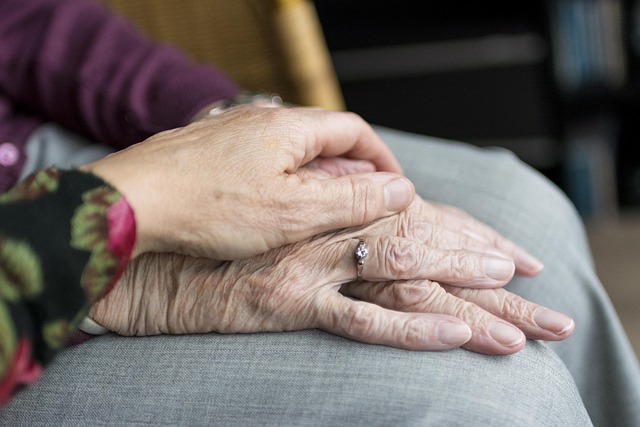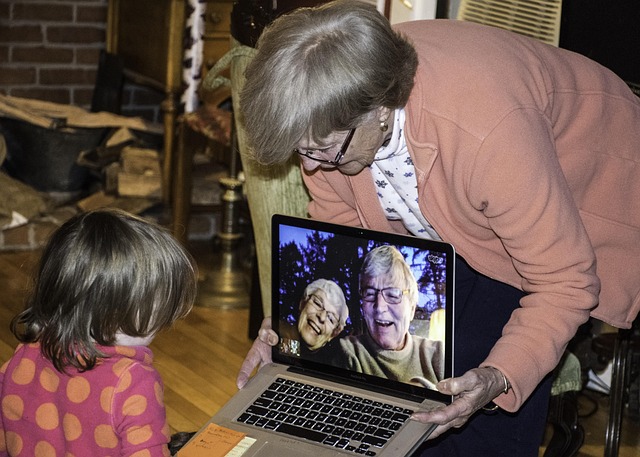In Oregon, grandparent rights allow legal involvement in grandchildren's lives under specific conditions. However, complex family law and court processes often hinder grandparents' access without tailored legal support. Local advocacy groups, legal aid societies, and pro bono programs offer assistance to ensure grandparent rights are protected, enabling them to advocate for their role in family dynamics.
In Oregon, advocating for grandparent rights is a crucial topic as families evolve and change. Understanding legal protections for grandparents is essential for ensuring strong family connections. This article delves into the intricate landscape of grandparent rights in Oregon, exploring both the legal challenges they face and the support systems available to foster advocacy. By providing valuable insights and resources, it aims to empower grandparents with legal support, navigating the complexities to safeguard their relationships with their grandchildren.
- Understanding Grandparent Rights in Oregon
- Legal Challenges Facing Grandparents
- Navigating Support Systems for Grandparent Advocacy
Understanding Grandparent Rights in Oregon

In Oregon, grandparent rights refer to the legal standing and protections afforded to grandparents regarding their involvement in their grandchildren’s lives. Understanding these rights is crucial for both grandparents seeking access and parents looking to ensure their children’s well-being. Legal support for grandparents plays a vital role in navigating these complexities.
Grandparents in Oregon have the right to seek visitation, custody, or both, under specific circumstances. These include situations where the parents are divorced, deceased, or unable to care for their children due to incarceration, illness, or other compelling reasons. The state’s Family Law Code outlines the legal framework, emphasizing the best interests of the child and the historical relationship between grandparents and grandchildren. Grandparents seeking legal support can access resources, such as family law attorneys, advocacy groups, and community organizations, to navigate these legal procedures effectively.
Legal Challenges Facing Grandparents

Grandparents in Oregon often face significant legal challenges when it comes to maintaining and establishing their rights to access and be involved in their grandchildren’s lives. One of the primary obstacles is the complex web of family law, where court decisions and custody arrangements can sometimes limit grandparent visitation. Without adequate legal support, grandparents may struggle to understand and exercise their legal options, especially if they are not represented by a lawyer.
The state’s focus on child welfare and parental rights can inadvertently restrict grandparent involvement, leading to prolonged legal battles. Grandparents seeking access might need guidance in navigating the system, presenting their case effectively, and challenging unfair restrictions. Legal support tailored to grandparents’ needs is essential to ensuring their voices are heard and their relationships with grandchildren remain healthy and legally protected.
Navigating Support Systems for Grandparent Advocacy

Navigating the complex landscape of family law can be daunting, especially for grandparents seeking to protect their rights. In Oregon, there are numerous resources and support systems available to advocate for legal support for grandparents. These include local community organizations dedicated to family advocacy, where grandparents can connect with like-minded individuals and gain access to valuable information and assistance. Legal aid societies and pro bono programs also play a crucial role in providing affordable or free legal services, ensuring that all families have the resources they need to navigate custody and visitation matters.
Grandparents should take advantage of these support systems, which can offer guidance on navigating court procedures, understanding their legal rights, and connecting with professionals who specialize in family law. With the help of these organizations, grandparents can advocate effectively for their rights, ensuring a brighter future for themselves and their families.
